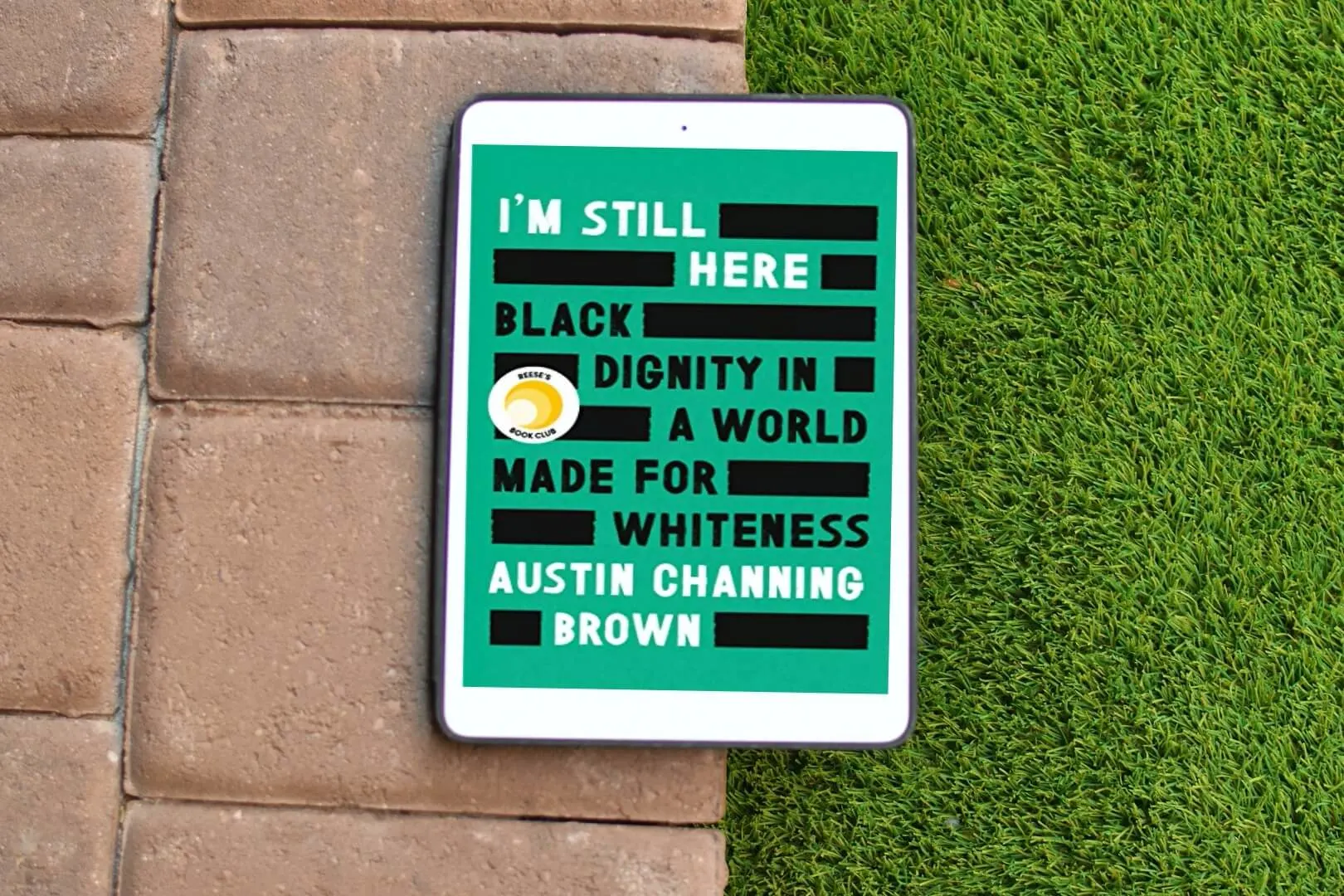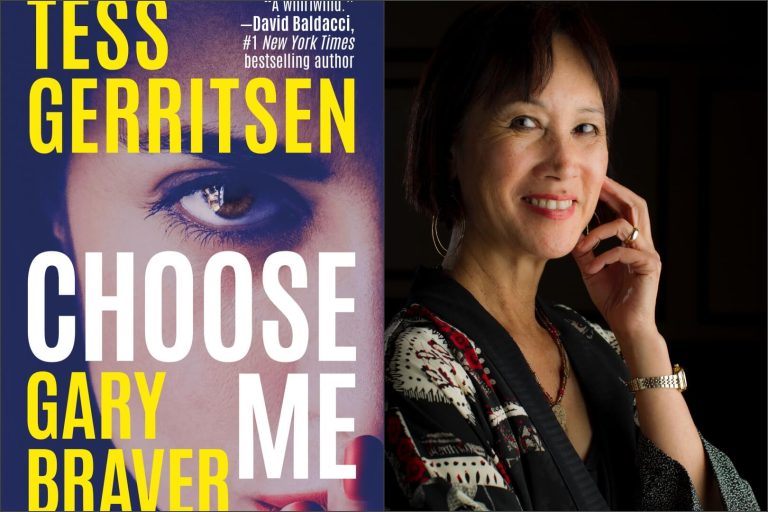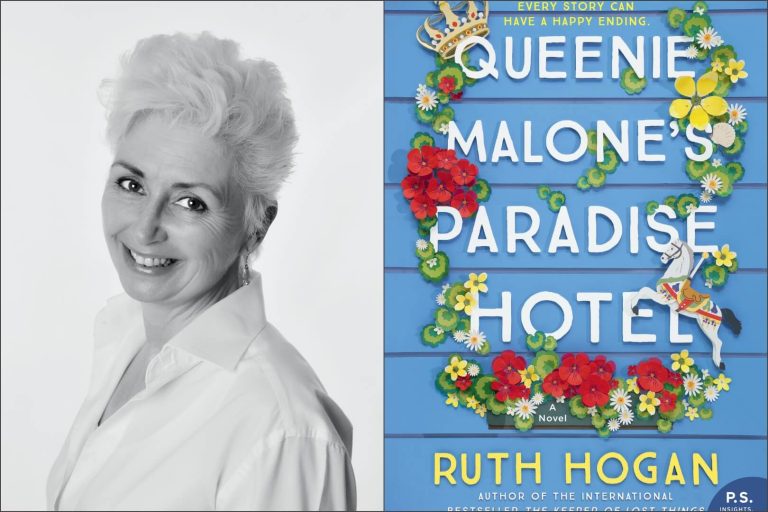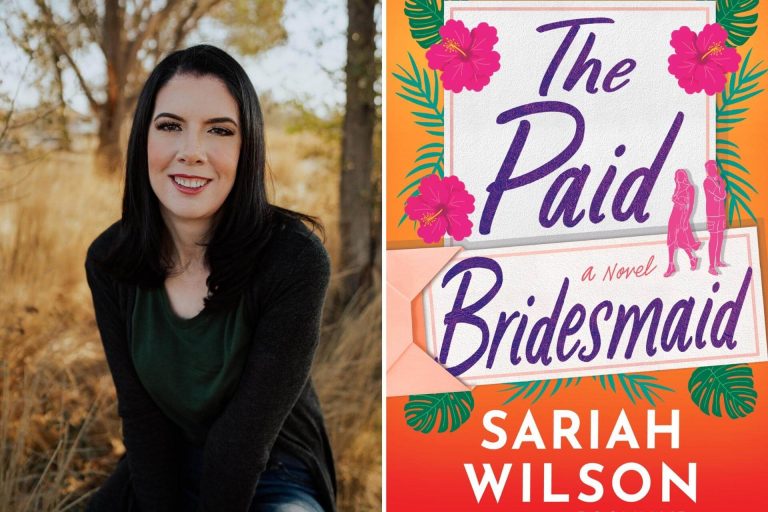I’m Still Here: Black Dignity in a World Made for Whiteness by Austin Channing Brown is an impactful memoir about a black Christian woman experiences in America.
I follow the Reese Witherspoon book club. And I was really happy to see that she chose a black author to highlight for this month: Austin Channing Brown’s I’m Still Here: Black Dignity in a World Made for Whiteness. Reese’s platform is huge and whatever she picks, people will read.
I’m Still Here: Black Dignity in a World Made for Whiteness was published in 2018 and is still very relevant. I read it on my Kindle but I found myself saving different sections to refer back to later. It’s so thought-provoking and such an important read. The book is not long—192 pages—but it packs an emotional punch and really makes you think about your own biases and ignorance. I finished it several days ago and am still thinking about it. I have to say it’s especially impactful reading this after The Vanishing Half.
First the synopsis:
Austin Channing Brown’s first encounter with a racialized America came at age seven, when she discovered her parents named her Austin to deceive future employers into thinking she was a white man. Growing up in majority-white schools and churches, Austin writes, “I had to learn what it means to love blackness,” a journey that led to a lifetime spent navigating America’s racial divide as a writer, speaker, and expert helping organizations practice genuine inclusion.
In a time when nearly every institution (schools, churches, universities, businesses) claims to value diversity in its mission statement, Austin writes in breathtaking detail about her journey to self-worth and the pitfalls that kill our attempts at racial justice. Her stories bear witness to the complexity of America’s social fabric—from Black Cleveland neighborhoods to private schools in the middle-class suburbs, from prison walls to the boardrooms at majority-white organizations.
For readers who have engaged with America’s legacy on race through the writing of Ta-Nehisi Coates and Michael Eric Dyson, I’m Still Here is an illuminating look at how white, middle-class, Evangelicalism has participated in an era of rising racial hostility, inviting the reader to confront apathy, recognize God’s ongoing work in the world, and discover how blackness—if we let it—can save us all.
Black/white dynamics
The title of the first chapter is White People are Exhausting and when you read the story, you definitely see why. So Austin’s parents gave her the name partly because of her grandmother but also because they suspected that anyone who saw it before meeting her would assume she was a white man. Meaning, they want to make sure she can make it to an interview one day. But because of this, many white people are extremely confused and even ask her somewhat suspiciously if Austin is really her real name. This is Austin’s first introduction to white people expecting her to be white.
A quote that stood out: “It’s work to be the only person of color in an organization, bearing the weight of all your white co-workers’ questions about blackness.”
Austin talks about how many white people unload the white guilt burden on black people—apologizing for their racist grandfather or realizing they have biases and detail exactly how. But this forces black people to not only experience what you’re telling them but serves as a reminder of racism that is practiced on a daily basis. That is too much of a burden.
Austin says she now asks people after those confessions, “so what are you going to do differently?” Which I think is very key and something everyone should consider as they work on being antiracist.
History
In talking about history, Austin discusses about the problem with history education. A key area that she points out is how teachers try to change the narrative that the Civil War wasn’t really about slavery and say instead, that it was really about “states’ rights.” So I was told this in a high school history class and I vividly remember we were all confused and pushed back—but the teacher wouldn’t budge. Sorry, teacher, you’re wrong; the Civil War was about slavery. It’s chilling to think how history was (and still is) manipulated to serve an agenda in an effort to diminish the experiences of black people in this country.
This is a small book page count wise, but like I said, it’s very impactful and will make you think. Book clubs will have lots to discuss. Check out my book club questions here.






